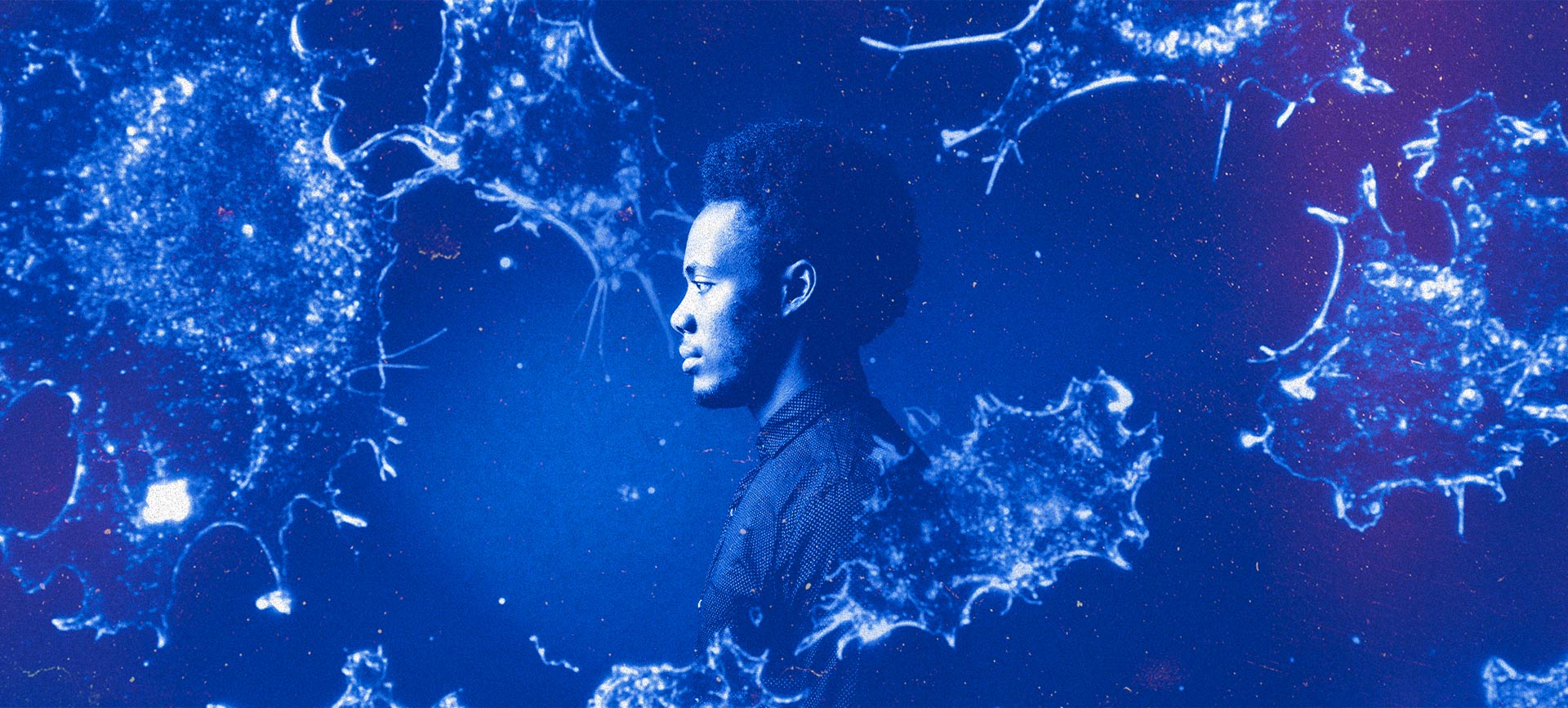The next step in the journey came three years later.
During a routine physical—an appointment that he always made a point to attend following his battle with colorectal cancer—a blood test indicated an elevated prostate-specific antigen (PSA) level. A high PSA level is a potential sign of prostate cancer.
Ford's doctor recommended he visit a urologist, who performed a biopsy that found cancer cells in his prostate. For the second time in three years, he was diagnosed with cancer; this time, a cancer that will kill an estimated 34,500 men in 2022. And a cancer that will be diagnosed in about 1 in 8 men.
Ford's prostate cancer treatment consisted of radiation therapy, a different approach from the surgery he needed to treat his colon cancer. Thankfully, the process worked and he survived cancer a second time.














